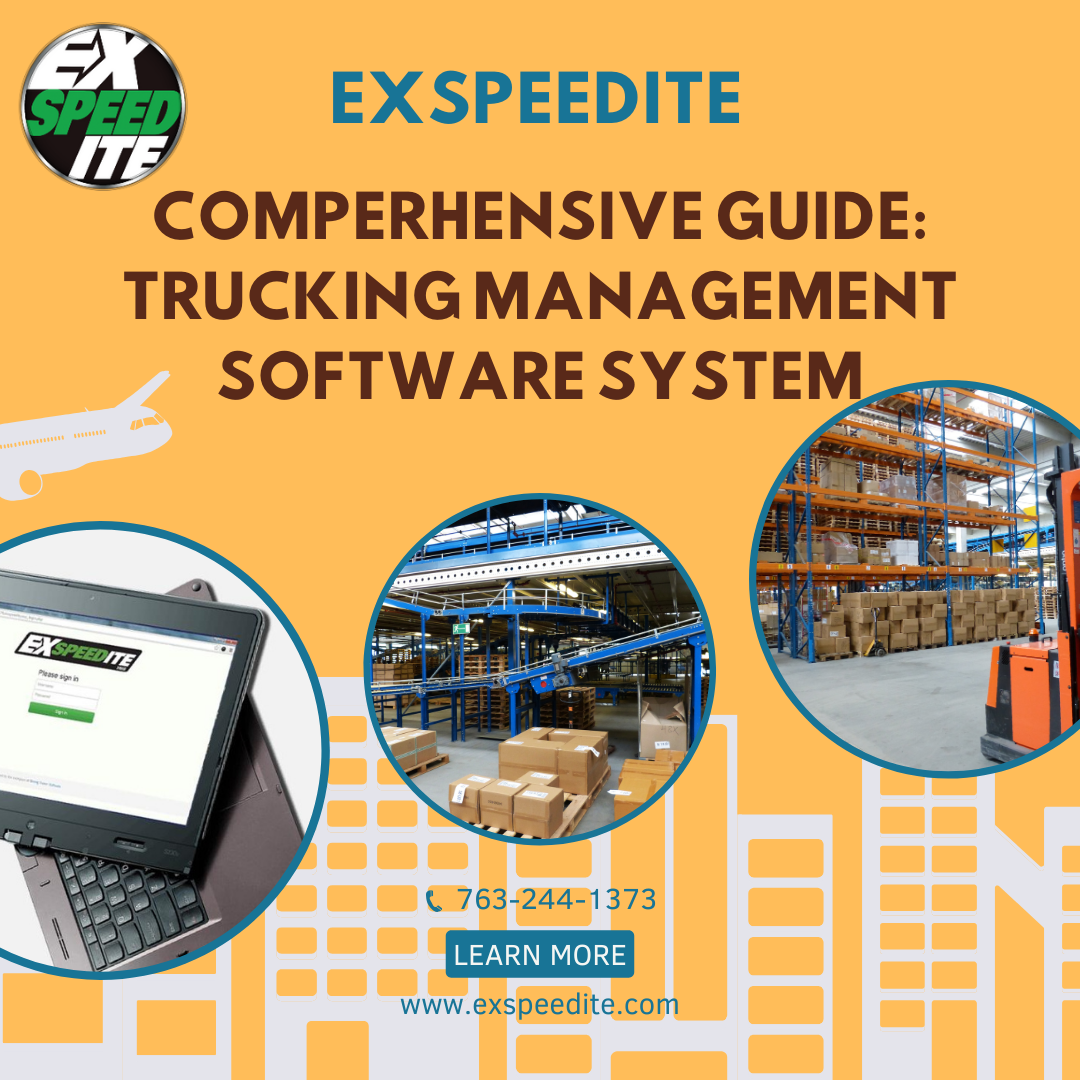In the quick-paced world of trucking, accuracy, compliance, and efficiency are critical. From fleet management and dispatching to accounting and regulatory compliance, trucking companies have several operational issues. Thankfully, technological developments have resulted in the creation of numerous software programs that are especially suited to the requirements of the trucking sector. Including truckload carriers software, trucking accounting software, truck dispatch software, truck fleet management software, fleet invoice software, IFTA fuel tax software, and transportation management software, we'll go over the main characteristics and advantages of trucking software solutions in this extensive guide.
1. Truckload Carriers Software:
Truckload carriers software is designed to streamline operations for companies that specialize in full-truckload shipments. This software automates processes such as load planning, dispatching, tracking, and billing, allowing carriers to optimize their resources and maximize efficiency. Key features of truckload carriers software include:
Load Planning: Automatically assigns loads to available trucks based on factors such as weight, destination, and delivery time.
Dispatching: Sends load assignments to drivers and provides real-time updates on load status and delivery progress.
Tracking: Monitors the location and status of trucks and shipments in real-time, allowing carriers to proactively address any issues that arise.
Billing: Generates accurate invoices based on load details, mileage, and other factors, streamlining the billing process and reducing errors.
By leveraging truckload carriers software, trucking companies can improve operational efficiency, reduce costs, and provide better service to their customers.
2. Trucking Accounting Software:
Trucking accounting software is essential for managing the financial aspects of a trucking business, including invoicing, billing, payroll, and tax compliance. This software automates repetitive accounting tasks, streamlines workflows, and provides real-time insights into the company's financial health. Key features of trucking accounting software include:
Invoicing: Generates invoices automatically based on completed deliveries, ensuring timely and accurate billing for services rendered.
Billing: Tracks payments received and outstanding invoices, streamlining the billing process and improving cash flow management.
Payroll: Calculates driver wages, deductions, and bonuses accurately, simplifying payroll processing and ensuring compliance with labor regulations.
Tax Compliance: Automates the calculation and filing of taxes, including fuel taxes, IFTA reporting, and IRS filings, reducing the risk of errors and penalties.
Trucking accounting software helps companies save time, reduce administrative costs, and maintain accurate financial records, enabling them to focus on growing their business.
Get Readymade Trucking Software
Consult With Our Experts For Trucking Software System Integration In Your Trucking Business
